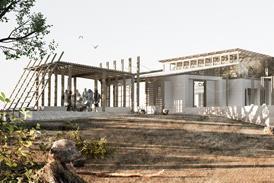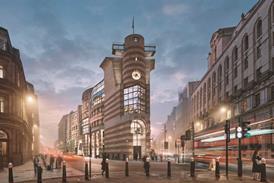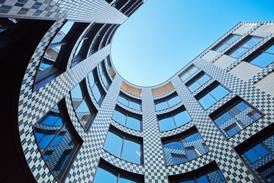- Home
- Intelligence for Architects
- Subscribe
- Jobs
- Events

2025 events calendar Explore now 
Keep up to date
Find out more
- Programmes
- CPD
- More from navigation items
School closures threaten London’s future as a city for families

Soho Parish Primary School’s financial struggles reflect wider demographic trends, including declining birth rates, post-Brexit migration, and the long-term impact of Covid-19, challenging the city’s multigenerational identity
Soho Parish C of E Primary School, the last remaining primary school in central London’s Soho district, is fighting to keep its doors open as falling pupil numbers and mounting financial pressures take their toll.
Established on Great Windmill Street in the late 19th century, the school has seen its enrolment plummet from 180 in 2018 to just 105 pupils in 2024. The drop, compounded by a £200,000 annual funding deficit, underscores the demographic and economic challenges reshaping London as a city for families.
The school’s headteacher, Alix Ascough, told MyLondon that its closure would mean “losing that beating heart of the community”. She explained: “People talk about Soho being a village, and when you think of a village you think of a pub and a church and a school. To not have a school, you’re losing that beating heart of the community.”
…
This content is available to registered users | Already registered?Login here
You are not currently logged in.
To continue reading this story, sign up for free guest access
Existing Subscriber? LOGIN
REGISTER for free access on selected stories and sign up for email alerts. You get:
- Up to the minute architecture news from around the UK
- Breaking, daily and weekly e-newsletters
Subscribe to Building Design and you will benefit from:

- Unlimited news
- Reviews of the latest buildings from all corners of the world
- Technical studies
- Full access to all our online archives
- PLUS you will receive a digital copy of WA100 worth over £45
Subscribe now for unlimited access.






